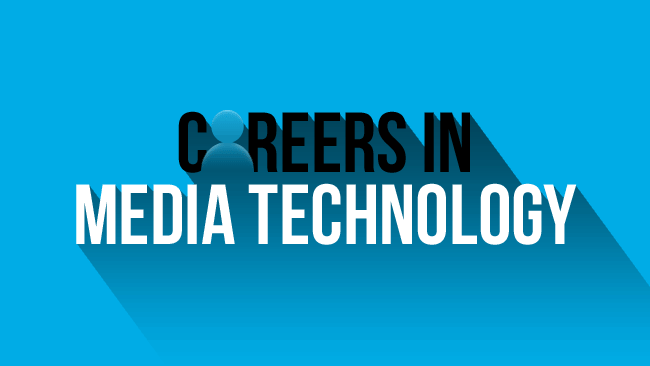When surveying the current state of higher education, there is good news and there is bad news. The good news is that 2015 has seen more students pursuing degrees in higher education than ever before. The bad news is just about everything else. Whether we look at the rising cost of college, the rising level of student loans upon graduation, or the rising unemployment rates of recent graduates it does not take long for the state of higher education in America to start looking pretty grim.
The true value of a college education has been the subject of great and distinguished debate, but many students entering higher education will tell you that the only value for them lies in securing a good job. For this reason, the hapless and bumbling college intern has become something of a cliché in the modern workforce. While not all college internships are created equal, a 2014 study found that (in 2014) 65.4% of students who participated in a paid internship received job offers prior to graduation – making them a statistically proven asset for young job seekers.
Landing that perfect college internship, however, is much easier said than done.
No matter what their field, students can expect to see their internship hunt complicated by issues of supply and demand. However, students searching in popular fields often face cripplingly high competition. For example, business and management students (who make up roughly 20% of all college graduates) are competing for only 8% of the total internship market.
The social Darwinist might view this as a positive situation – ensuring both the quality of applicants and the value of the available opportunities – but students who do not participate in these programs often find themselves at a double disadvantage. Not only are they not making the vital professional connections necessary for a transition into the working world, but they are also missing out on the important professional/practical knowledge that their intern counterparts benefit from. While fixing the first part of this problem is neither practical nor (some would argue) beneficial, Jay LeBoeuf of Stanford University believes that we can easily fix the second.
At Stanford, Jay uses his experience at iZotope and Avid to lecture on the business of media technology. Experience that he has also used to found Real Industry, an education nonprofit that aims to help students land jobs in the music and video technology industry.
“I try to connect the dots between a student’s interests and their future career.For early career professionals, we want to make them even better at their jobs. All of these goals require that students actually understand how companies really work.”
This is a philosophy that Jay recently brought to online learning in the form of a MOOC, titled: “Careers in Media Technology.” Hosted on www.kadenze.com, this course was designed to make the hands-on knowledge traditionally associated with internship programs available to anyone who is interested.
“I wanted to bring the knowledge of all of my peers in industry – about sixty mentors from top companies – directly to students,” says LeBoeuf. “The most impactful way of allowing students equal access to the best companies in the world was to share stories, case studies, and collaborative assignments in an online format. Now, students can prepare for their future careers anywhere, anytime. Kadenze provides a platform that allows our industry mentors to support students on discussion forums, comment on assignments, and reach out via video conference to so many more students than they could have reached otherwise.”
Such an open source approach to professional development is not proprietary to Real Industry or Kadenze. MOOCs like Khan Academy, Coursera, EdX, and Treehouse have provided industry-specific vocational and professional training to internet students for years, but “Careers in Media Technology” represents one of the first online course in professional development that is specifically related to music and the arts (subjects that have largely been left out of the online learning markets).
So how should students who are in search of employment opportunities best start their search? LeBoeuf finds great value in traditional internships.
“The best way to put knowledge into practice is through internships or contracting at companies. But how do you get into an internship? Demonstrate how your experience passion and knowledge make you the perfect fit for any position and you will BECOME the best fit.”
How do you think courses like “Careers in Media Technology” will affect professional development training in higher education?
The post Closing the Gap With “Careers in Media Technology” appeared first on Kadenze Blog.


